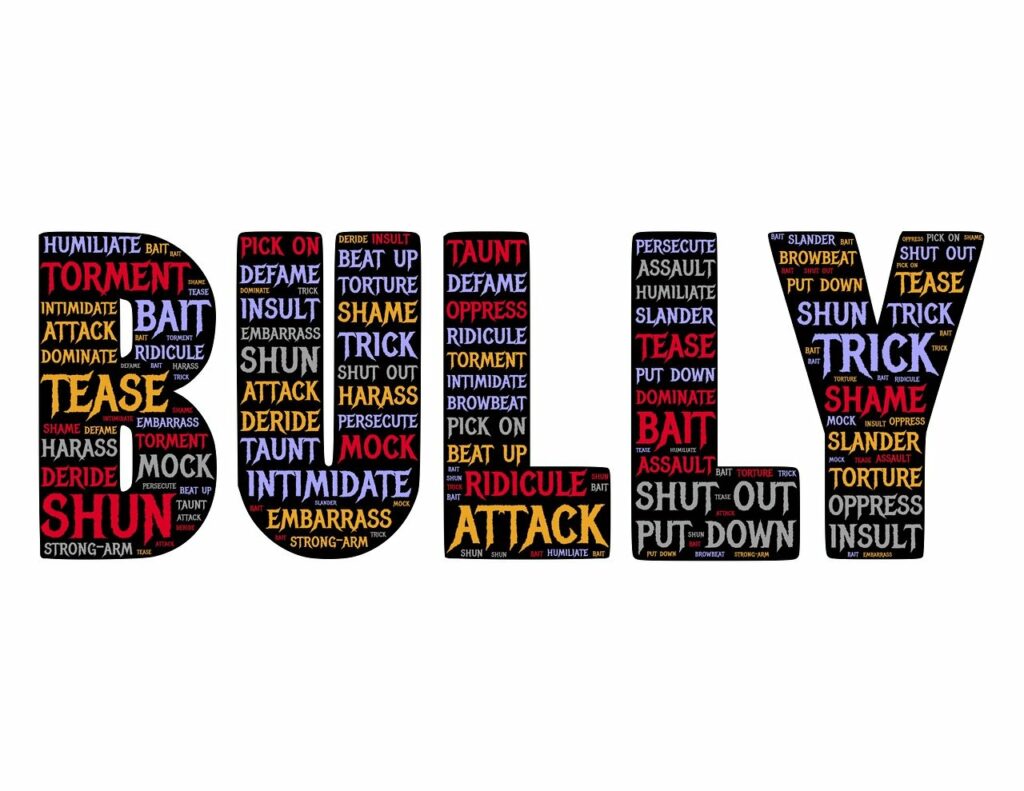Bullying of any kind is in no-one’s interest and should not be tolerated in the workplace.
There is no legal definition of bullying. Acas defines workplace bullying as “offensive, intimidating, malicious or insulting behaviour, an abuse or misuse of power through means that undermine, humiliate, denigrate or injure the person being bullied”. The Health and Safety Executive emphasises this is a pattern of behaviour rather than isolated instances, happening “repeatedly and persistently over time”.
What are the effects of bullying?
Symptoms of bullying can include tearfulness, feelings of anxiety, distress, loss of confidence, loss of sleep and nausea.
If matters are not resolved quickly, these feelings of insecurity and ill health can escalate to something far more serious such as work-related stress or other health-related disorders. Over time these can be long-lasting and deep routed and trigger weeks or even months of work-related stress absence.
Can an employer be sued for allowing bullying?
There are no bullying laws in the UK. There are, though, numerous laws which an employee can rely on to bring legal action against an employer. These include discrimination laws and laws pertaining to a constructive dismissal claim. An employee would need to resign to claim constructive dismissal and even then, they may not have a strong case.
An employee considering legal action against their employer really needs to seek legal advice before proceeding. They will need to be able to demonstrate that they have followed in-house complaints policies. The employee also needs to adhere to timelines and ACAS and Tribunal processes before a case will be accepted.
Is resignation an option?
If you believe you are being bullied at work and that has impacted on your health, your employer should be informed in writing. Consider your options and prepare your case. Refer to the Company Grievance policy and follow it. If you do not want to raise a grievance, you can speak to your employer informally. You can always resign if the situation is unacceptable to you but do not resign believing you have a strong case. You need to be able to show that you followed the in-house dispute resolution process. Do not resign before seeking expert advice.
Filing a grievance
Employers have a Duty of Care to provide a safe and stress-free place of work. Addressing a bullying issue, whatever your role (employee or manager), is about common-sense and good administration. Simply refer to your in-house policies and either raise matters informally or put your concerns in writing by submitting a formal Stage 1 Grievance (a complaint). It is the written, documented, word that constitutes evidence – including your own file notes containing dates, facts and details.
If bullying is going on it needs to be reported to trigger a formal process. If the bullying is not reported to the employer then they cannot be held responsible for the outcome in any way. Conflict cannot be resolved if it is not reported.
Can we help?
If you are on the receiving end of bullying or are an employer with a problem within the workforce contact our employment team for advice.

